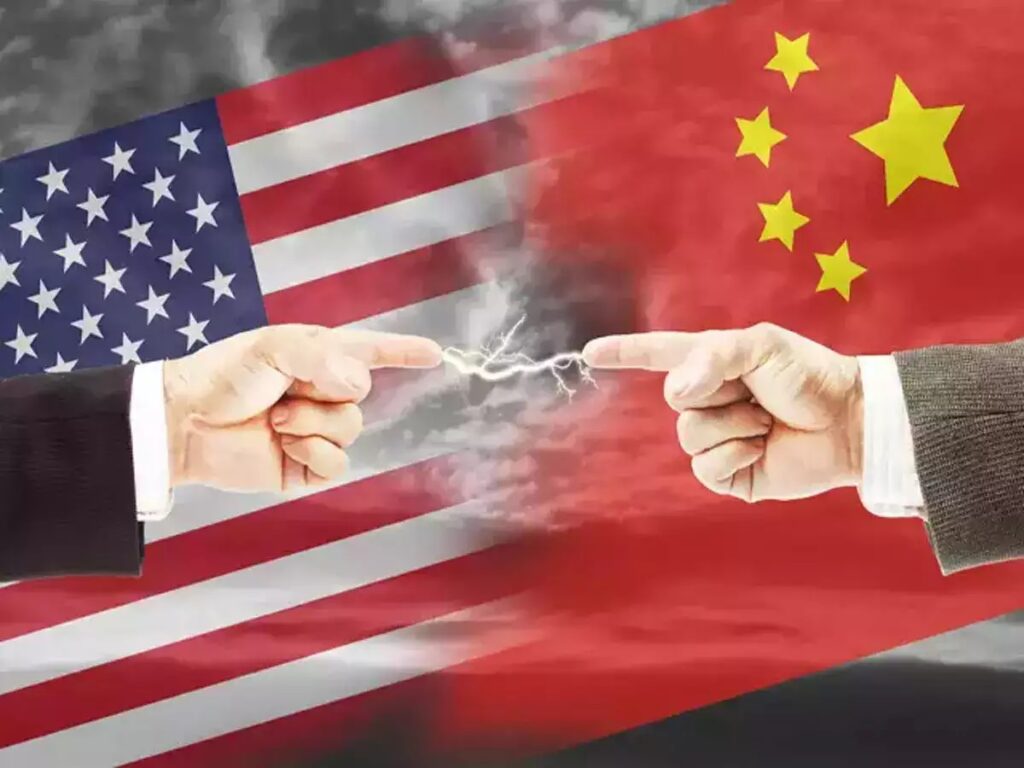Since the server giant supplies more than half of China’s domestic market’s AI servers, the US decision to add Inspur Group to a trade blacklist will stifle China’s AI development, say Chinese analysts.
Among the 28 Chinese companies that have been added to the Entity List by the US Commerce Department for alleged activities contrary to US national security and foreign policy interests is Inspur, the world’s second-largest AI server manufacturer. Other companies on the list include genetics firm BGI and chip developer Loongson.
Also Read: AI-powered Bing Chat Loses Its Wits when Fed an Article from Ars Technica.
Requests for comment from Inspur Group on this matter went unanswered.
Its main listed vehicle in Shenzhen, Inspur Electronic Information Industry Co, saw a 10% drop in share price on Friday, while the software division, Inspur Software, saw a 2.6% drop in Shanghai. Inspur Digital Enterprise, which is listed in Hong Kong, dropped 7.2%.
When the US Department of Defense released a list of 20 Chinese companies in 2019 that they claimed had ties to the Chinese military, Inspur was on that list and could have been subject to sanctions in 2020.
In June 2020, Intel temporarily halted shipments to Inspur but resumed them once it became clear that the company had not been sanctioned.
Also Read: US Plans New Move On H-1B Visa, Will Benefit Thousands Of Indian Techies
Adding Inspur to Washington’s Entity List will make it more difficult for the Shandong-based company to source key components from US suppliers, which will have a significant negative impact on the country’s efforts to advance its computing power.
Inspur, according to a message sent to investors last month, is a major supplier of AI servers to Baidu.com, the search engine giant that is placing large bets on ChatGPT services in the Chinese market.
Although Inspur servers compete head-on with those from HP Inc. and Dell Technologies Inc., Loongson chips are seen as a possible future alternative to Intel Corp.
Also Read: Biden Hammers Big Tech, Tweaks Cable in State of the Union
Without official permission, U.S. businesses may not sell their wares in the countries and territories on the export ban list. Despite the federal register notice, the Bureau of Industry and Security within the Department of Commerce has declined to comment further.
According to Kevin Wolf, a partner at Akin Gump Strauss Hauer & Feld, all semiconductors on the planet are covered by the Inspur sanctions, as they are similar to those imposed on Huawei Technologies Co. and apply to US shipments as well as foreign-made items produced with US-origin tools or technology.
Also Read: Ways Parents Can Help Their Children Break Free From Technology Addiction
There is “significant risk” that “the addition of these entities” will contribute to “monitoring and surveillance by the government of China,” which “has been utilised in the repression of ethnic minorities in China,” according to the release.
In 2020, the US Commerce Department added eleven Chinese companies, including two BGI affiliates, Beijing Liuhe BGI and Xinjiang Silk Road BGI, to its entity list due to allegations that they were involved in human rights abuses in Xinjiang. Then, BGI responded, saying there was no justification for including the subsidiaries on the list and that the company abides by all applicable international business practises and laws.
Also Read: What the YouTube strike means for Big Tech’s return to office plans
